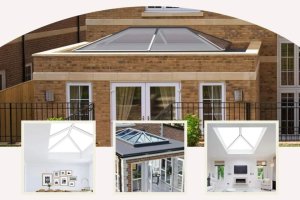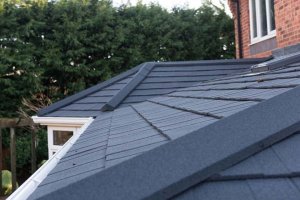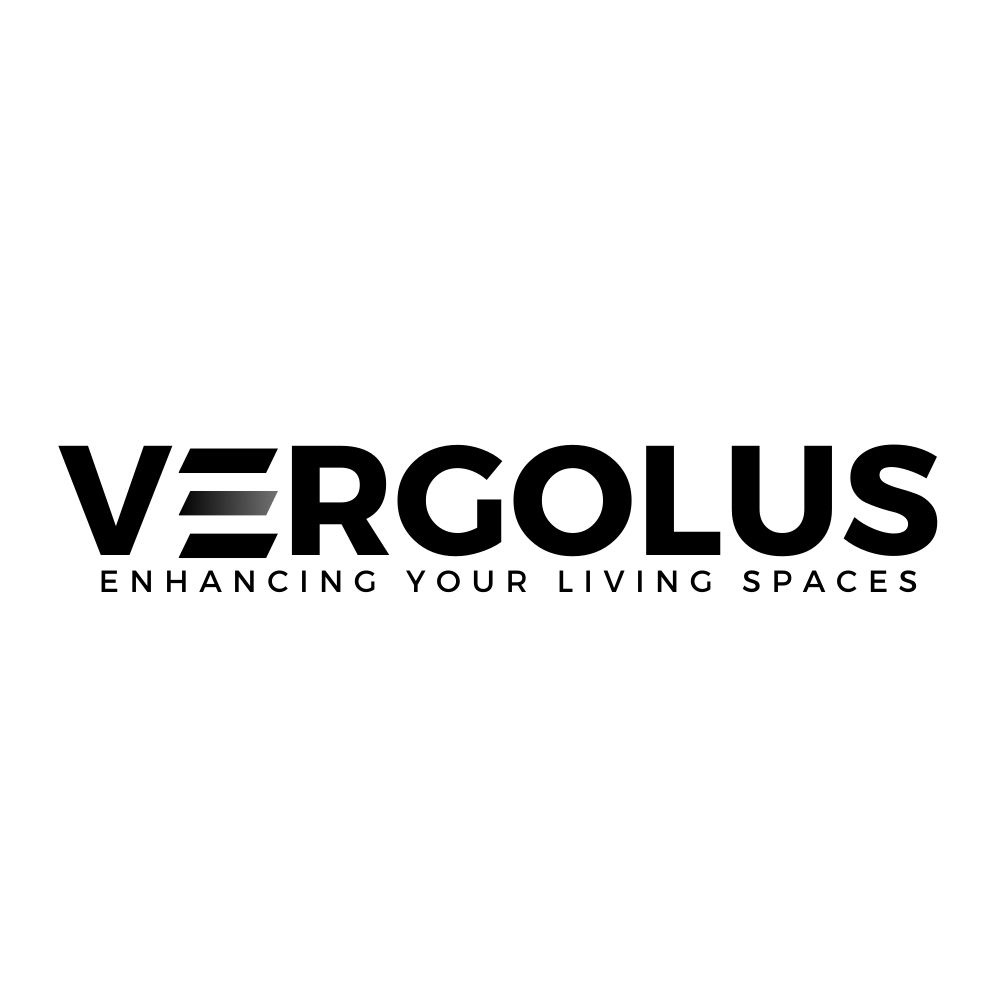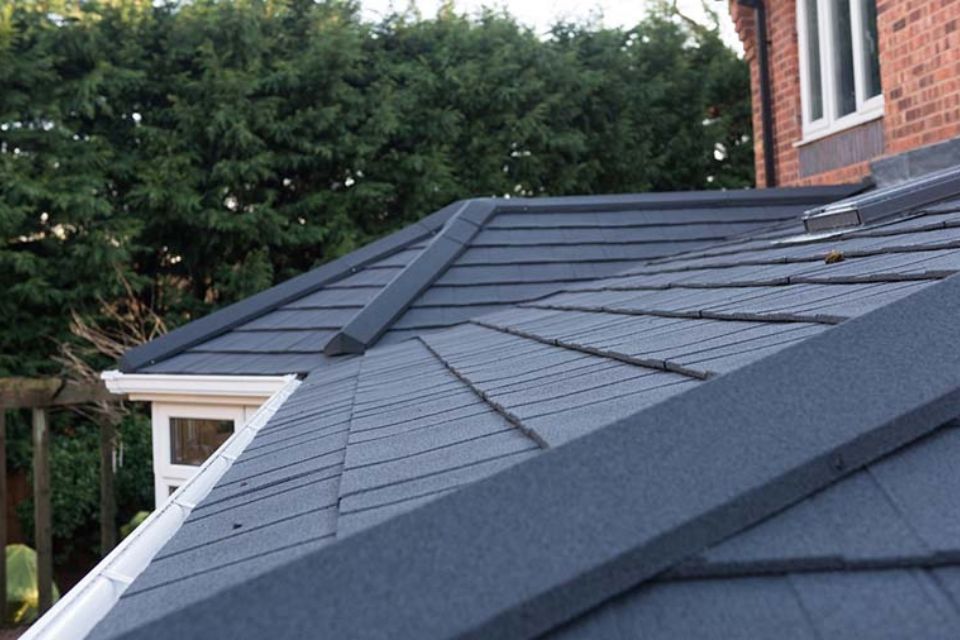In the realm of conservatory roof systems, homeowners are presented with a host of options, each boasting unique features and benefits. Among these, timber and aluminium roofs stand out as popular choices, each with its own set of advantages and considerations. Let me explain the characteristics of timber and aluminium conservatory roofs, weighing their pros and cons to help you make an informed decision for your conservatory replacement options.


Timber Conservatory Roof Systems: A Natural Choice
Timber conservatory roofs have long been favoured for their timeless appeal and natural aesthetic. Let’s explore the key features and benefits of opting for a timber conservatory roof system:Eco-Friendly Construction
One of the standout features of timber conservatory roofs is their eco-friendly construction. Utilising sustainable timber and fully recycled insulation, these roofs align with environmentally conscious practices, making them an attractive option for eco-minded homeowners.Superior Insulation Properties
Timber is renowned for its insulating properties, offering excellent thermal performance compared to other materials. With timber being 800 times less conductive than aluminium, timber conservatory roofs provide enhanced insulation, ensuring a comfortable living space all year round.Building Control Approval and Certification
Timber conservatory roof systems typically come fully building control approved, providing homeowners with peace of mind regarding compliance with regulatory standards. Additionally, having BRE Certification against Interstitial Condensation ensures protection against moisture-related issues throughout the year.Versatile Design Options
From larger sizes without tie bars to low pitch lean-to designs down to 3 degrees, timber conservatory roofs offer versatility in design options. Homeowners can choose from multiple roof options, including Icoview Pane, Velux windows, and flat roof with lantern, allowing for bespoke designs tailored to their preferences.
Competitive Pricing and Efficient Installation
Despite their premium quality and eco-friendly features, timber conservatory roofs are often more competitively priced than aluminium and GRP systems. Furthermore, their fast-to-fit design, coming 70% complete, saves both time and money during installation.Frequently Asked Questions (FAQs) about Timber Conservatory Roof Systems
1. How does timber compare to aluminium in terms of insulation properties? Timber is 800 times less conductive than aluminium, making it significantly more insulating. This superior insulation ensures better thermal performance and a more comfortable living space. 2. Are timber conservatory roof systems environmentally friendly? Yes, timber conservatory roofs are eco-friendly, utilising sustainable timber and fully recycled insulation materials. They align with environmentally conscious practices and offer a green alternative for homeowners. 3. What certifications do timber conservatory roof systems typically have? The Icotherm timber conservatory roofing solutions often come fully building control approved and may have BRE Certification against Interstitial Condensation, ensuring compliance with regulatory standards and protection against moisture-related issues. 4. Can timber conservatory roofs accommodate various design options? Yes, timber conservatory roofs offer versatile design options, including larger sizes without tie bars, low pitch lean-to designs, and multiple roof options such as Icoview Pane, Velux windows, and flat roof with lantern. 5. How does the pricing of timber conservatory roof systems compare to aluminium and GRP systems? Despite their premium quality and eco-friendly features, timber conservatory roofing systems are often more competitively priced than aluminium and GRP systems. This makes them an attractive option for homeowners seeking value for money. 6. Are timber conservatory roof systems easy to install? Yes, timber roofs are designed to be fast to fit, coming 70% complete. This saves both time and money during installation, making them an efficient choice for homeowners. This means that our installation team can complete your project with 2 to 5 days, in most cases. 7. Do timber conservatory roof systems meet efficiency ratings and regulatory standards? Yes, timber conservatory roof systems typically meet efficiency ratings such as the Part L efficiency rating of 0.15 u-Value. They are also prepared for pending changes in regulations, such as the drop to 0.12 u-Value in 2025. 8. Can timber conservatory roof systems be customised to fit specific requirements? Yes, these timber roofs can be customised to fit specific requirements, offering bespoke designs tailored to homeowners’ preferences. This versatility allows for a personalised approach to conservatory roof design. 9. Are timber conservatory roof systems suitable for all types of conservatories? Yes, they are suitable for various types of conservatories, including lean-to designs, Victorian or Edwardian styles, and bespoke configurations. Their versatility in design options ensures compatibility with different architectural styles. 10. What support and guidance are available for homeowners considering timber conservatory roof systems? Homeowners considering timber conservatory roofing systems can benefit from site surveys, guided installations, and expert advice from experienced professionals. This ensures a smooth and hassle-free experience from start to finish.Comparing with an Aluminium Alternative: Why Timber Reigns Supreme
While aluminium is commonly used in various construction applications, including windows and doors, it falls short when compared to timber in conservatory roof systems. Here’s why timber remains the superior choice:


